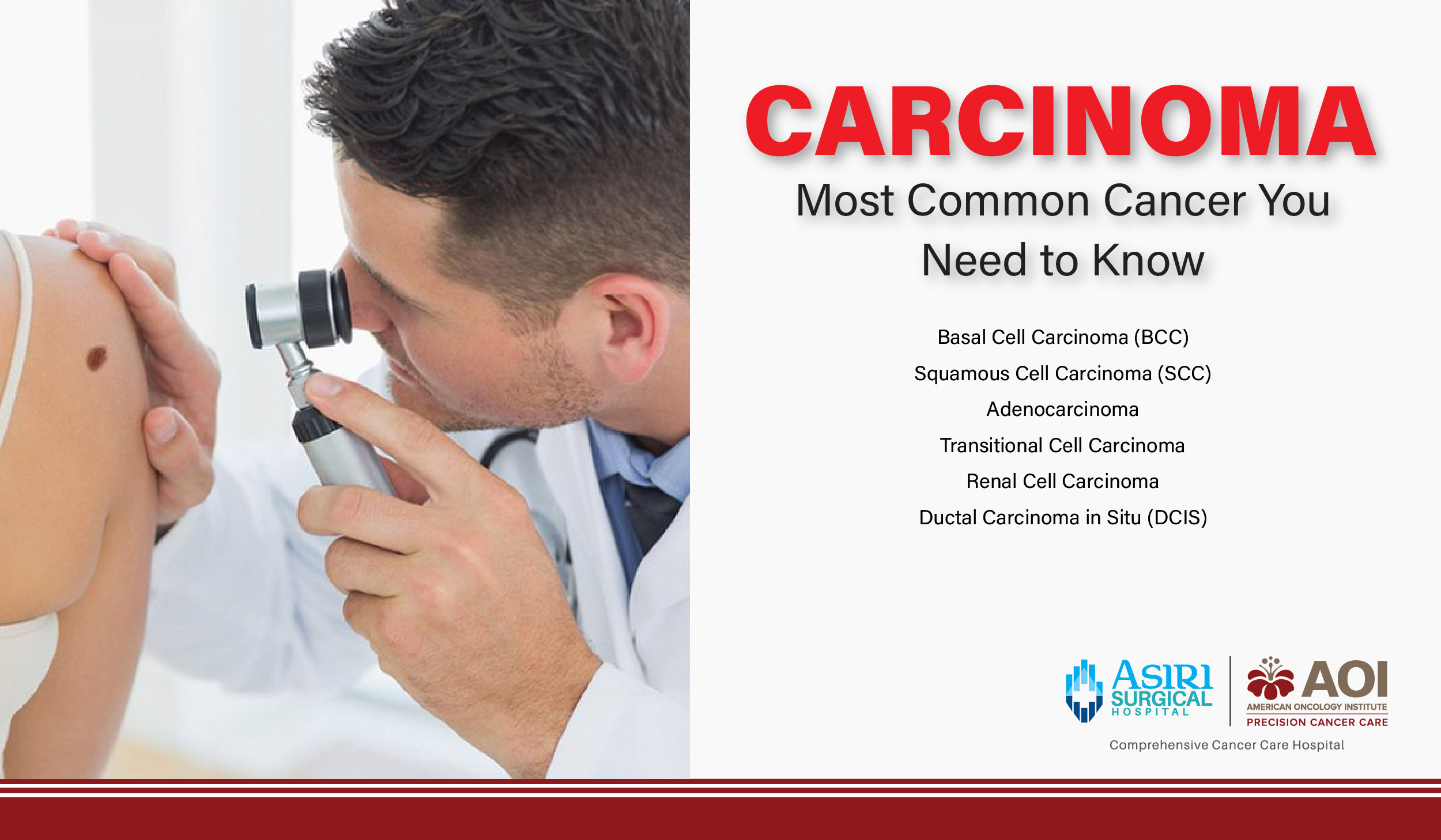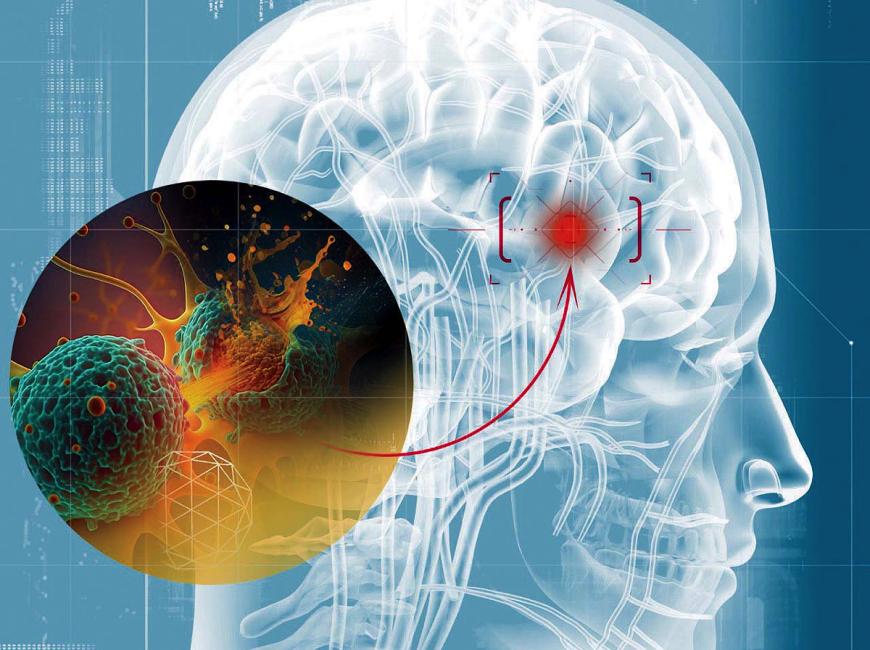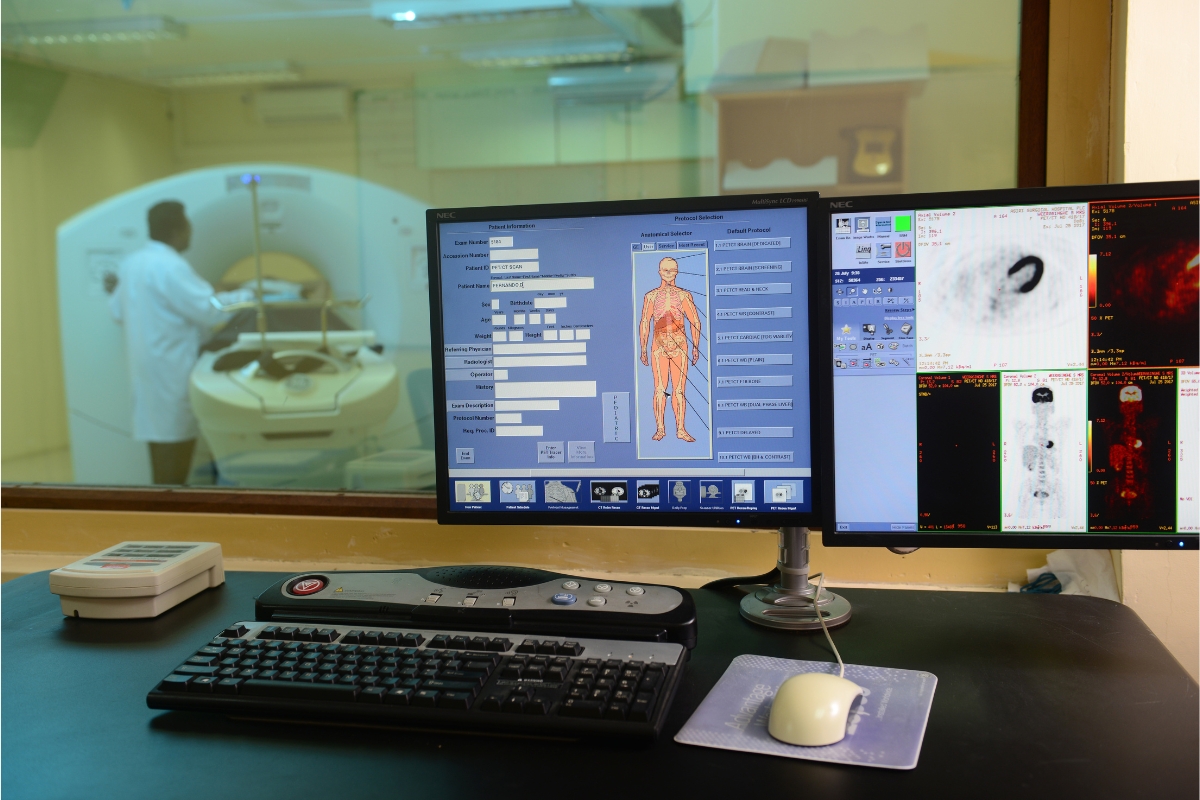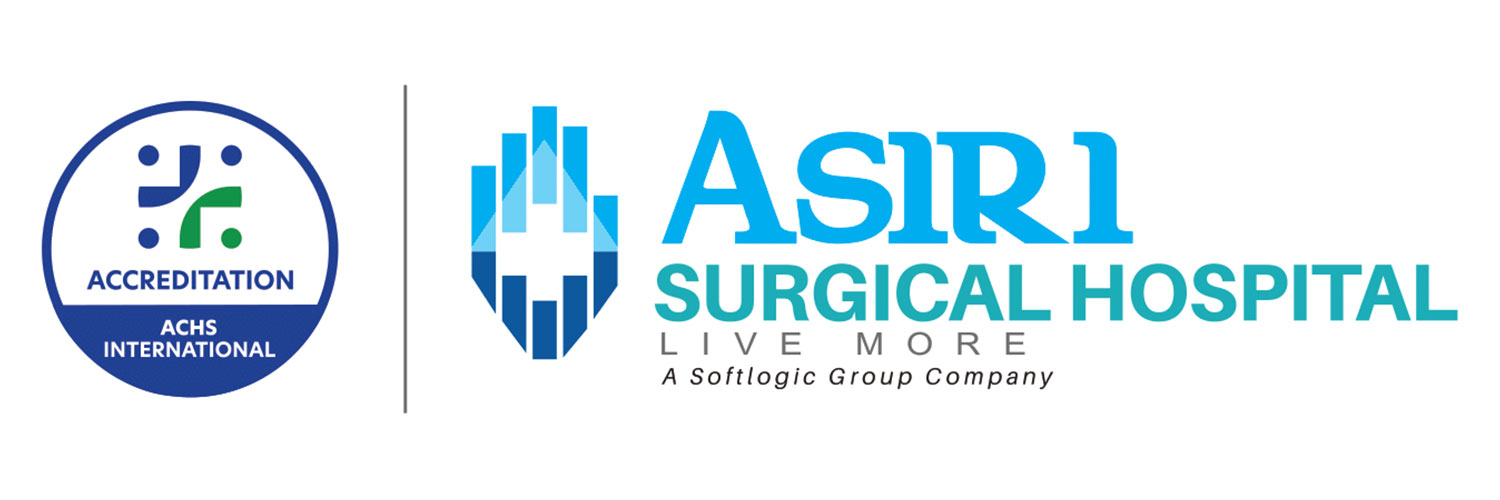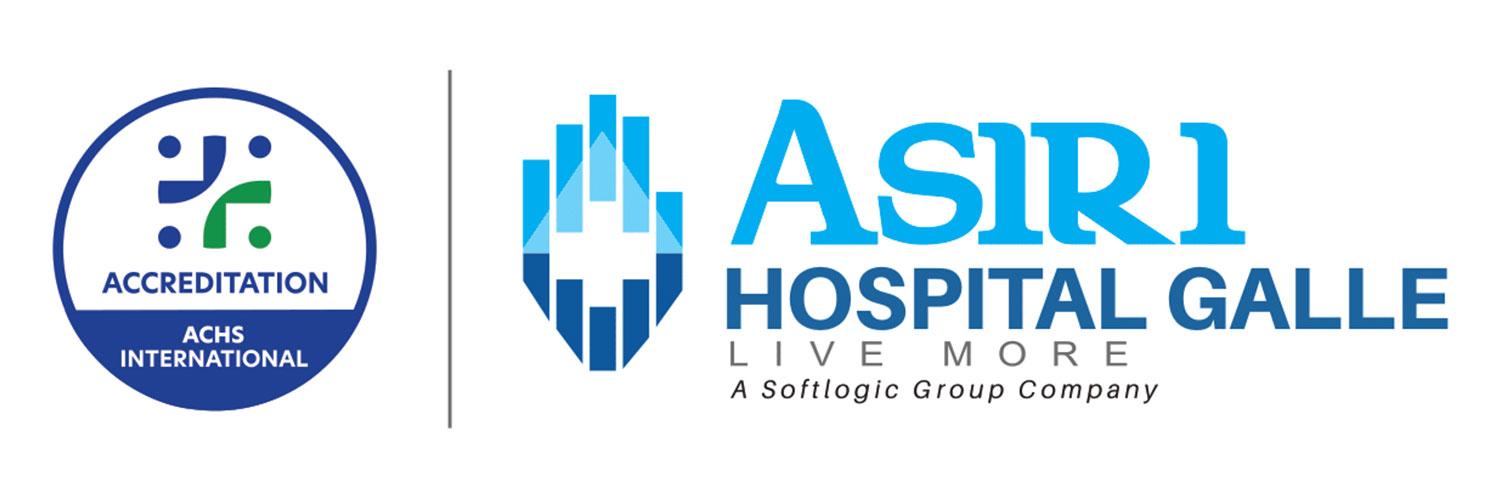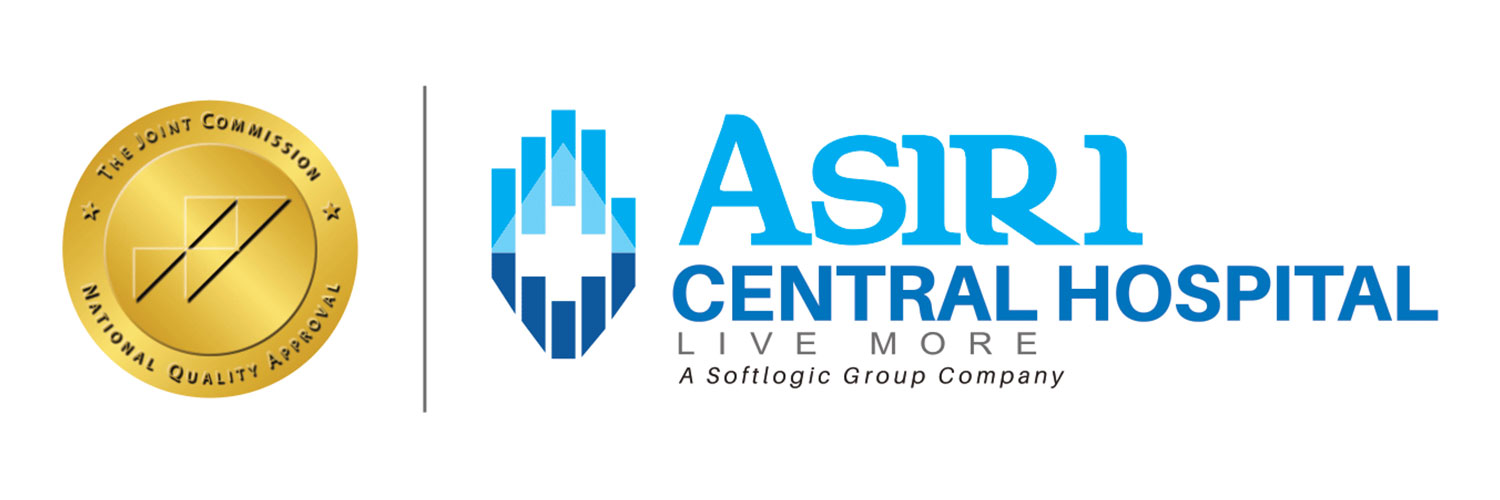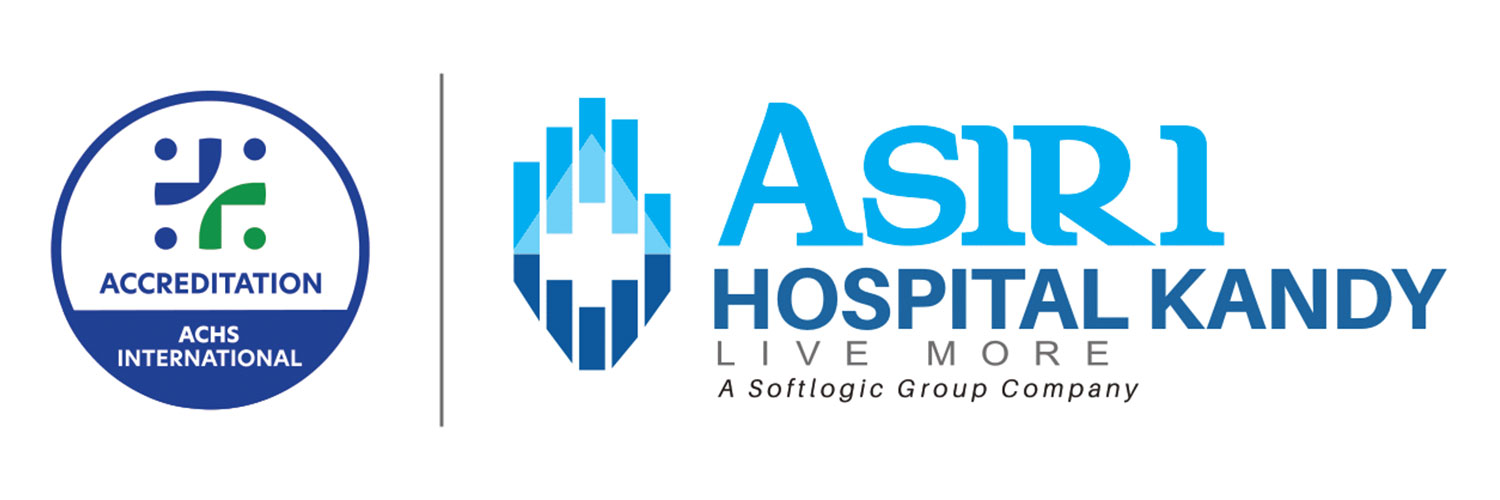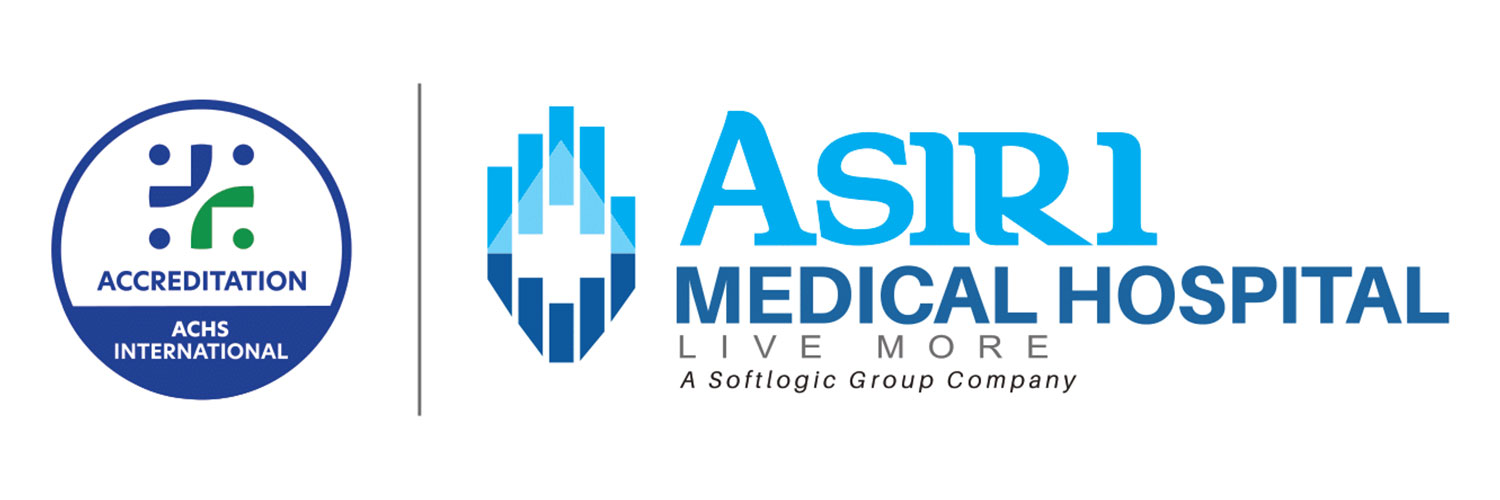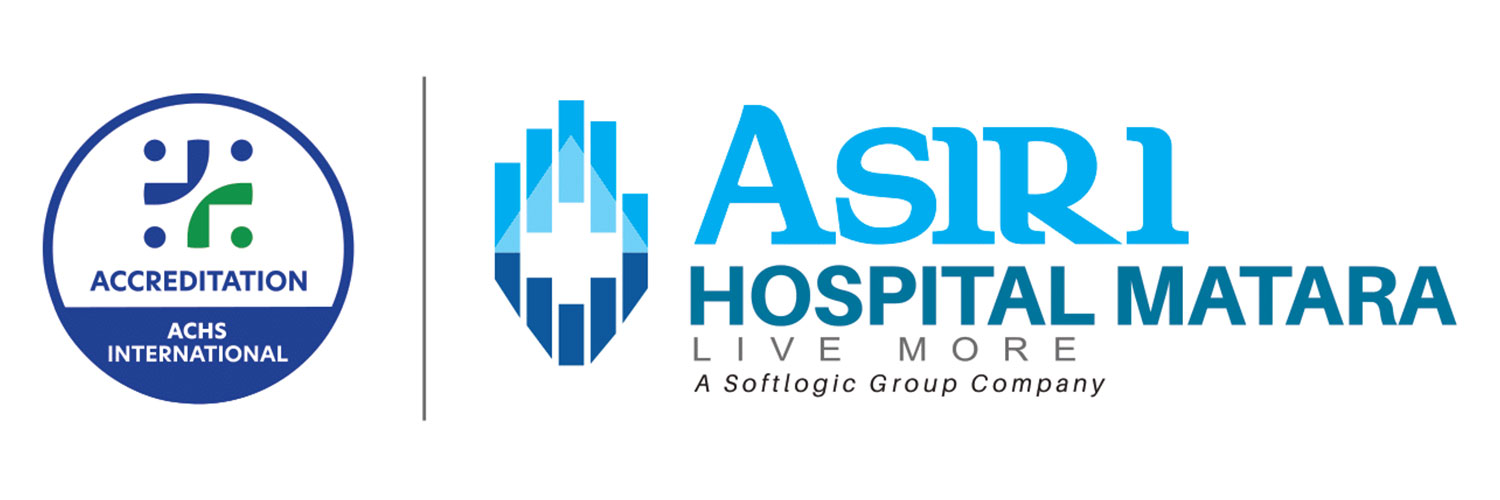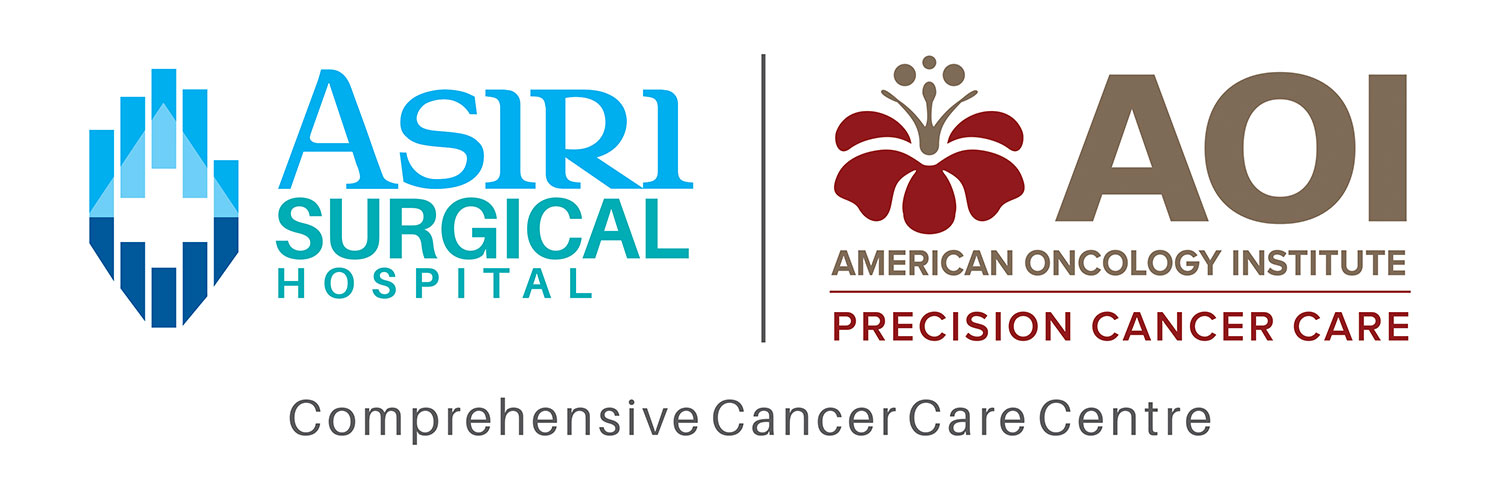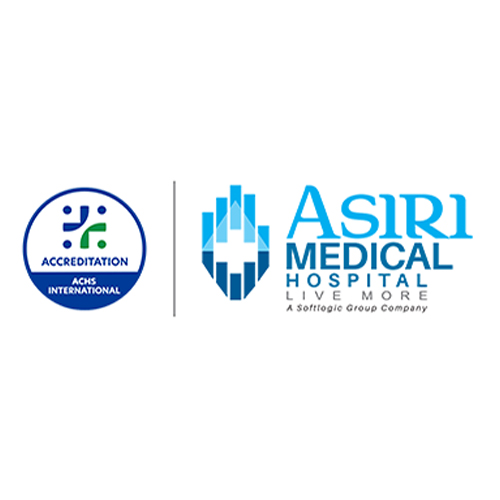September 12, 2024
Understanding Carcinoma: The Most Common Cancer You Need to Know About
Carcinoma is a term that most people associate with cancer, but its full meaning and significance are not always widely understood. Being one of the most common types of cancer, it is crucial to understand what carcinoma is, how it develops, and what steps can be taken to detect and treat it early. We will explain carcinoma in simple terms, explore its types, symptoms, and risk factors, and emphasise the importance of early diagnosis and treatment, with a focus on the role of Asiri AOI Cancer Centre in providing comprehensive care.
What is Carcinoma?
Carcinoma is a type of cancer that begins in the epithelial cells, which form the lining of the skin and various organs in the body. These cells can be found on the surface of the skin, in the lining of the lungs, digestive tract, reproductive organs, and other parts of the body. When these cells undergo abnormal changes, they may grow uncontrollably and form malignant tumours, leading to carcinoma.
Carcinoma is classified as a "malignant" form of cancer, meaning it has the potential to spread to other parts of the body through a process known as metastasis. It differs from benign tumours, which do not spread to other tissues and are generally less harmful.
Types of Carcinoma
There are several types of carcinoma, each affecting different parts of the body. The most common types include:
1. Basal Cell Carcinoma (BCC)
Basal cell carcinoma is the most common type of skin cancer. It typically develops in areas exposed to the sun, such as the face, neck, and arms. BCC grows slowly and rarely spreads to other parts of the body, but if left untreated, it can cause significant local damage.
2. Squamous Cell Carcinoma (SCC)
Squamous cell carcinoma is another common form of skin cancer. It also occurs in sun-exposed areas but can appear on other parts of the body, including the inside of the mouth, throat, and genitals. SCC can spread more easily than BCC if not treated promptly.
3. Adenocarcinoma
Adenocarcinoma is a type of carcinoma that forms in the glandular cells that produce mucus or other fluids. It can occur in several organs, including the lungs, colon, pancreas, breasts, and prostate. Adenocarcinoma is the most common type of lung cancer in non-smokers.
4. Transitional Cell Carcinoma
This type of carcinoma affects the urinary system, including the bladder, ureters, and kidneys. It develops in the transitional cells that line these organs and can cause symptoms like blood in the urine and difficulty urinating.
5. Renal Cell Carcinoma
Renal cell carcinoma is the most common type of kidney cancer, originating in the lining of the small tubes within the kidneys. It can cause symptoms such as blood in the urine, back pain, and unexplained weight loss.
6. Ductal Carcinoma in Situ (DCIS)
DCIS is a non-invasive form of breast cancer that starts in the milk ducts. It is considered an early-stage carcinoma and is highly treatable, but if left untreated, it can develop into invasive breast cancer.
Symptoms of Carcinoma
The symptoms of carcinoma vary depending on the type and location of the cancer. However, some common signs to watch for include:
- Skin changes: Persistent sores, red patches, lumps, or growths on the skin that do not heal.
- Unexplained weight loss: Sudden and unintentional weight loss can be a sign of cancer affecting the digestive system or other organs.
- Changes in bowel or bladder habits: Prolonged constipation, diarrhoea, or changes in urination patterns could indicate carcinoma in the colon, bladder, or other parts of the digestive or urinary systems.
- Persistent cough or hoarseness: A chronic cough, hoarseness, or difficulty breathing can be a symptom of lung cancer or carcinoma affecting the throat.
- Unusual bleeding or discharge: Blood in the urine, stool, or unusual vaginal discharge may indicate cancer in the urinary or reproductive systems.
Risk Factors for Carcinoma
Several factors can increase the risk of developing carcinoma, including:
- Sun exposure: Prolonged exposure to ultraviolet (UV) rays from the sun or tanning beds increases the risk of skin carcinomas like BCC and SCC.
- Smoking: Tobacco use is a significant risk factor for carcinomas of the lungs, mouth, throat, and bladder.
- Family history: A family history of certain cancers can increase your risk of developing carcinoma.
- Age: The risk of carcinoma increases with age, as cells become more prone to mutations over time.
- Exposure to harmful substances: Exposure to chemicals, radiation, and other carcinogens can increase the likelihood of developing carcinoma in affected organs.
Importance of Early Diagnosis and Treatment
Early detection is key to successfully treating carcinoma and preventing its spread to other parts of the body. Regular health check-ups and being aware of any unusual symptoms can make a significant difference in catching carcinoma at an early stage when treatment is most effective.
Treatment options for carcinoma vary depending on the type and stage of the cancer but may include surgery to remove the tumour, radiation therapy, chemotherapy, or targeted therapies designed to attack specific cancer cells.
How Asiri AOI Cancer Centre Can Help
The Asiri AOI Cancer Centre is a leader in providing comprehensive cancer care in Sri Lanka. With a commitment to early diagnosis and advanced treatment, the centre offers a range of services designed to detect carcinoma at its earliest stages and provide personalised treatment plans for each patient.
The state-of-the-art facilities at Asiri AOI include cutting-edge diagnostic tools like PET-CT scans, MRI, and advanced genetic and histopathology labs. These tools are essential for accurately diagnosing carcinoma and determining the most appropriate treatment.
In addition to diagnosis, Asiri AOI Cancer Centre offers various treatment options, including surgery, radiation therapy with the TrueBeam STx Linear Accelerator, and chemotherapy. The experienced team of oncologists, radiologists, and cancer specialists at Asiri AOI work together to create tailored treatment plans that focus on providing the highest level of care while minimising side effects.
Carcinoma is the most common type of cancer, but with early detection and appropriate treatment, the prognosis can be positive. Understanding the types, symptoms, and risk factors of carcinoma is vital in recognising the warning signs and seeking medical advice early. The Asiri AOI Cancer Centre stands ready to provide expert diagnosis and treatment, offering hope to those facing carcinoma and other forms of cancer. If you or a loved one are experiencing any concerning symptoms, do not hesitate to consult with a healthcare provider.
